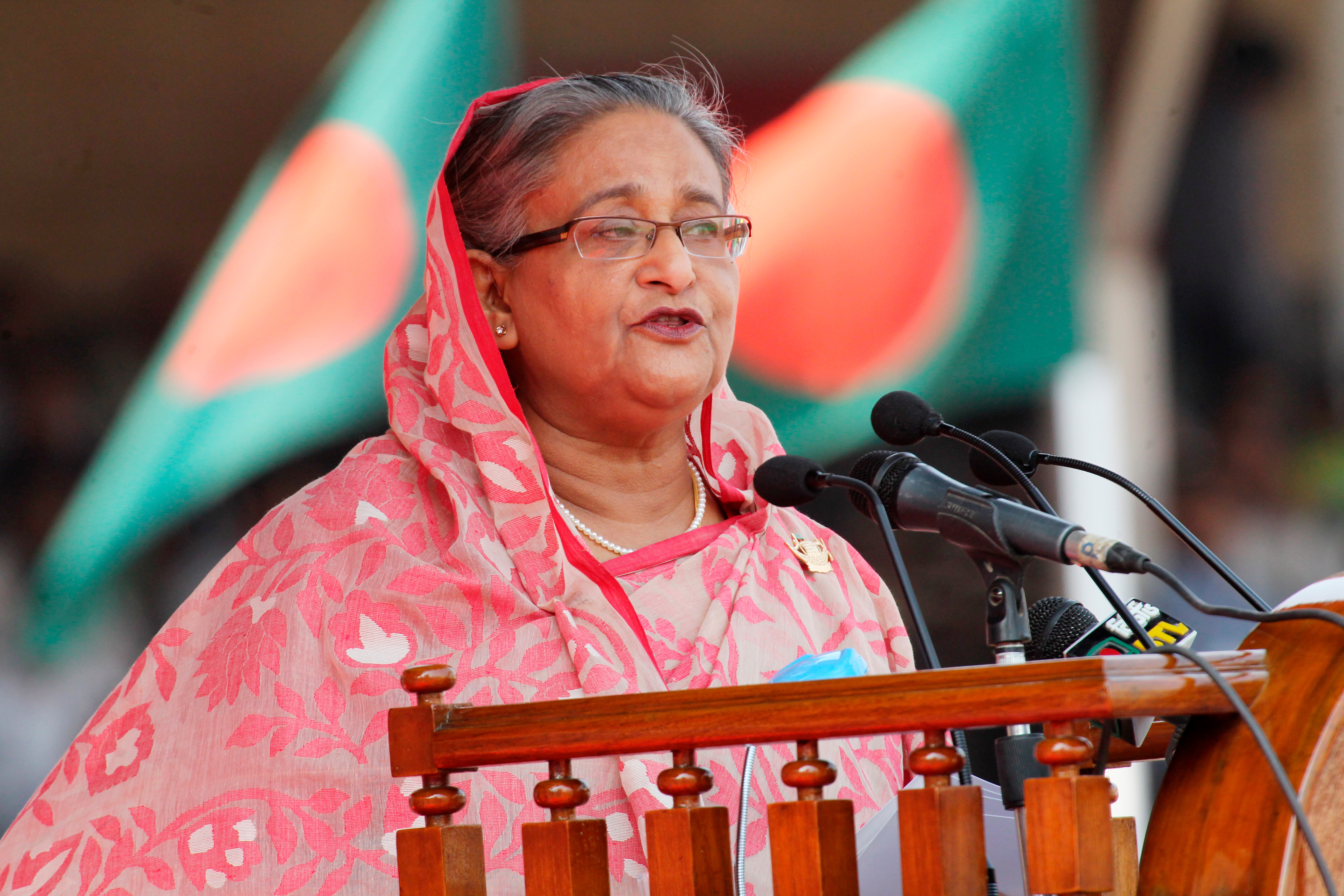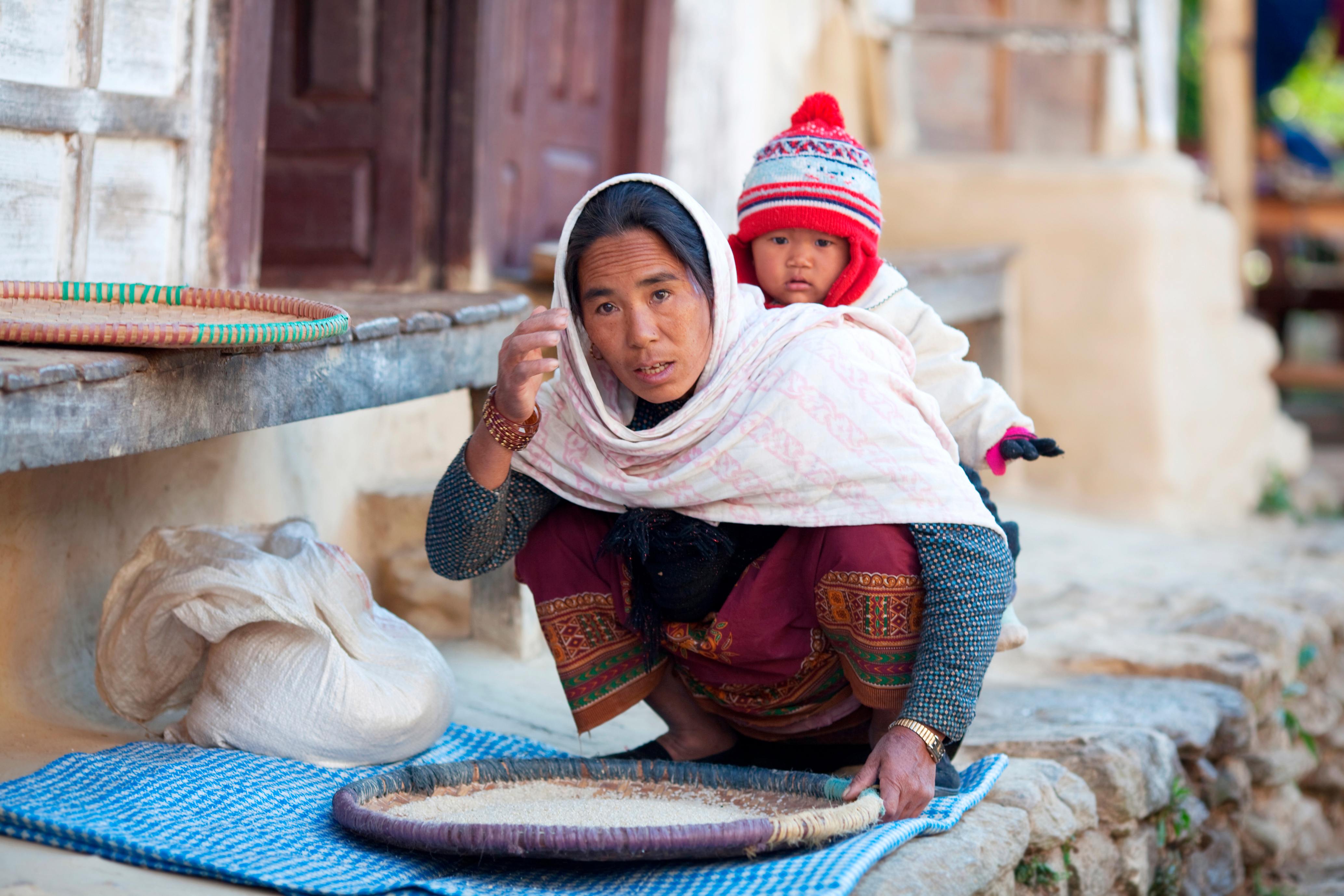Policy is complicated. Policy gets done as a result of power, influence, coalitions, lobbying, but it also gets done when you have strong movements demanding change and being able to mobilise resources in order to achieve positive ends. And that means allies, funding, support in the media.
Feminist mobilisation and political discontent
Professor of Sociology
- Without having the political will and the female representation in parliaments and in arenas of decision-making, it’s harder to get things done.
- Policy gets done as a result of power, influence, coalitions, lobbying, but it also gets done when you have strong movements demanding change and being able to mobilise resources in order to achieve positive ends.
- One of the things that has become very clear in all the periods of history where we have had severe economic recession is just how badly hit women are.
More needs to be done
We have feminist movements all over the world and progress has been made on some levels, but huge things still remain to be done. To do more, young feminists must be able to get into positions of power and one of the issues is the quality of democracy in countries where feminist mobilisation happens. How responsive are governments to those demands and what are the resources available to implement demands for more nurseries, more childcare, more health directed at meeting women’s needs, in countries where there are huge deficits in maternal care, for instance?
The question is political will
Governments have on the whole signed up to human rights frameworks. Once in place, the question is implementation. Without having the political will and the female representation in parliaments and in arenas of decision-making, it’s harder to get things done. One of the problems is allocating budgets to things. If you’re not in the room when those budgets are actually being discussed, then you are voiceless.
Highly talented women exist. There’s no argument about that. Women have become educated. They do better in school. They do very well at university, outshining men in many cases, and yet they’re not getting into positions of power in the economy or in politics. And that is about norm change, customs and power. Men still control a great deal of the power in the world and women do not. And that is something that has only slowly begun to change and is still very uneven.

Photo by Bayasid Akter
Young women expressing their political discontent
Young women face a lot of obstacles, but also are in a better position, perhaps, to be able to bring about change once they get into those positions of power.
You had, for instance, mass protests by students in Chile over the neoliberal character of education, demanding changes, quite radical changes, but also demanding improvements more generally in Chilean society and Chilean democracy. You had young feminists like Camilla Vallejo leading those movements, a feminist and a radical politician who ended up in parliament. And today she’s one of a number of student delegates who is bringing about change through the legislative process, joining other progressive sectors in Chilean society, even creating new coalitions and new embryonic parties.

Photo by Erlucho
The fact that we know young people are very discontented with the party system is an exciting thought. The party systems have been very unresponsive to young people’s demands. There’s a great sense of them not being representative anymore, that they’re too saturated with powerful interests. Young people have left political parties in droves, and many of them prefer to work in other arenas or to create new avenues for expressing politics. Democracies are in need of radical change because at this time in history, there’s a general sense that a lot is not working well. Young women can join in the struggles to make those absolutely fundamental reforms in the system, to be able to get representation and voice within those systems and effect real change in society, both in terms of political institutions and in terms of social norms and wider policies that will bring those core elements of feminism – social justice, legal change and social policy – into alignment to create a better society.
Women in times of economic crises
One of the things that has become very clear in all the periods of history where we have had severe economic recession is just how badly hit women are. Because of the position they occupy in the division of labour, they are in a very vulnerable situation. They’re very often the people who are first to be dismissed from jobs where economic resources are insufficient. They are also the ones who have the responsibility of looking after the children and managing the household in a context where there is acute scarcity.
We know that in both advanced industrial countries and in less developed countries, periods of economic hardship tend to make the division of labour between men and women more unequal. They make the conditions under which women live worse and, as social inequality deepens, gender inequality deepens. For example, in Mexico, during the years of the economic crisis in the 1980s, feminist analysis was applied to look at the burden that poor women were bearing as a result of losing access to certain services: having to do more laundry, having to do more shopping, spend more time getting things for the house and absorbing the care needs of other members of the family.

Photo by Zzvet
This extra burden happens in periods of economic recession, with wages being very low or even disappearing, adding pressure to women to generate an income. The economy is a critical issue for gender equality and this again requires new policies.
Discover more about
women in politics
Molyneux, M., Dey, A., et al. (2020). Feminist activism 25 years after Beijing. Gender & Development, 28(2), 315-336.
Molyneux, M. (2018). Beyond Civil Society: Activism, Participation, and Protest in Latin America. Journal of Latin American Studies, 50(3), 729-731.
Molineux, M. (2001). Gender and Citizenship in Latin America: Historical and Contemporary Issues. In Women's Movement in international perspective: Latin America and Beyond (pp. 163-202). Palgrave Macmillan.